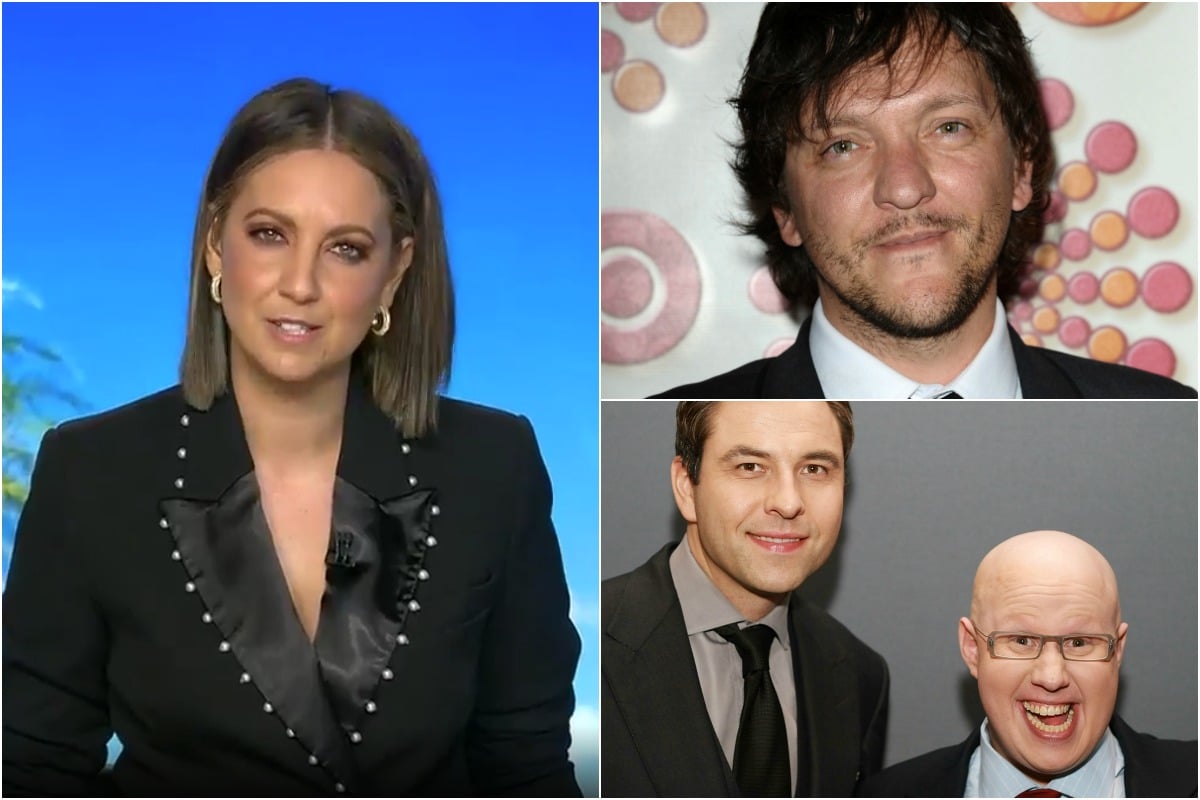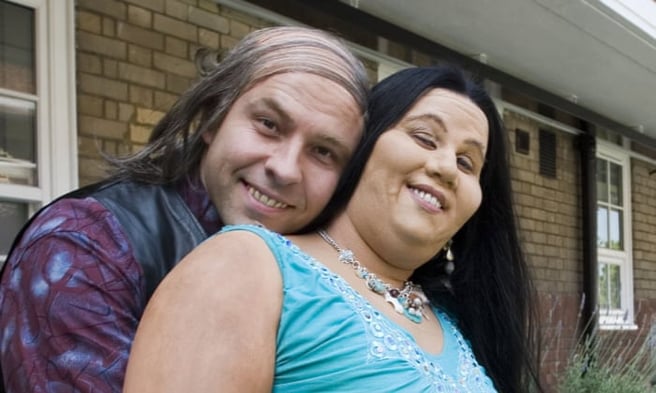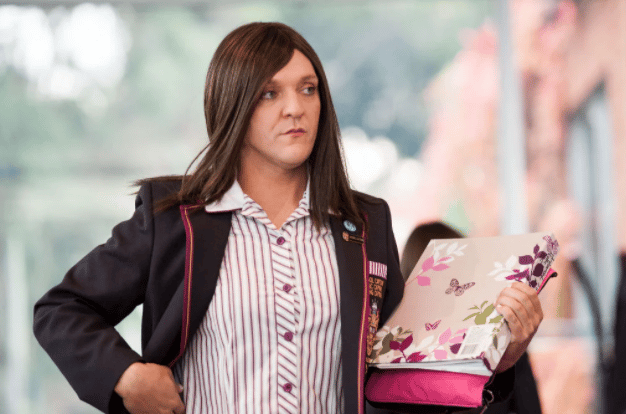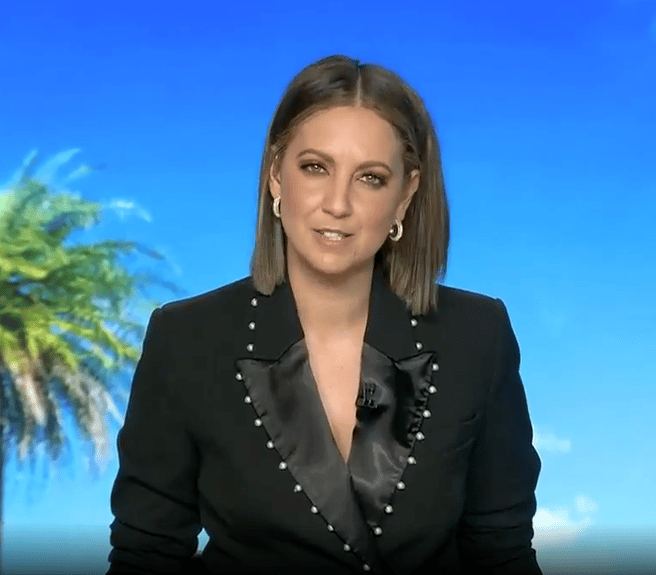
Streaming services around the world have started pulling movies and comedy off their platforms that are potentially offensive, or portray racism, in the wake of worldwide Black Lives Matter protests.
Little Britain has been removed from a number of services including BBC iPlayer, and Chris Lilley's controversial comedies and The Mighty Boosh have been taken off Netflix.
But as Today entertainment reporter Brooke Boney explained on Thursday morning, deleting history that dates back centuries is not the answer to our future.
WATCH: Brooke calls out the removal of comedies by streaming services on the Today Show. Post continues after video.
The BBC released a statement overnight explaining they'd removed David Walliams and Matt Lucas' comedy Little Britain from their service because "times have changed" since the show first aired.
Little Britain, which first aired in 2003, has been criticised for its portrayal of black women by white men, with Walliams sporting black makeup and a large afro wig to play the overweight black woman Desiree DeVere.
 Matt Lucas and David Walliams in Little Britain. At Mamamia we are choosing not to show the blackface characters in our articles.
Matt Lucas and David Walliams in Little Britain. At Mamamia we are choosing not to show the blackface characters in our articles.




Top Comments